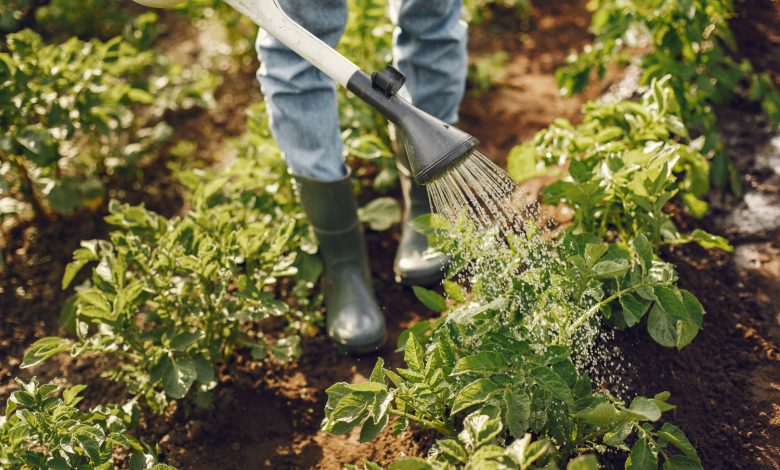Whether it’s planting a few potted flowers or a sprawling patch of land, it could be said that the benefits of gardening, especially for the elderly, are almost as numerous as the plants themselves (well, almost). Let’s dig a little deeper and find out some of the tremendous benefits of gardening for seniors.
Physical Benefits:
Pulling, digging, grabbing, turning and bending over in the garden is synonymous with light aerobic exercise that improves heart and lung health and prevents obesity, high blood pressure, diabetes, osteoporosis, certain cancers, etc. For most people, gardening is so exciting that they don’t even realize they’re moving. And it’s a lot more fun than running on a treadmill!
exposure to vitamin D.
Sun exposure has been found to increase serum vitamin D levels. Vitamin D increases calcium levels, which keep bones and joints strong and lubricated, and boosts the immune system. Seniors can reap immense benefits from sun exposure provided they are properly protected from harmful UV rays. It is important to protect yourself from the sun, wear sunglasses and wear a brimmed hat.
Nutritious products:
Anyone who grows fruit and vegetables always has their daily ration of healthy products at hand. Whether lettuce, peppers, pumpkins, cucumbers, tomatoes, strawberries, apples, peaches, aromatic plants or more, a garden is a veritable cornucopia of healthy nutrition.
Cognitive Benefits:
Reduced risk of dementia and Alzheimer’s. A large study that followed nearly 3,000 people over the age of 60 for 16 years found that gardening can reduce the risk of dementia by 36%. Gardening stimulates the mind and keeps us in the present, which requires attention to detail, pattern, spacing, depth, division, and other factors. It’s also a sensory experience in its own right: seeing bright colors, hearing insects and water droplets buzzing, smelling scents of plants and soil, different textures, tasting fruits, vegetables and even some flowers.
Emotional Benefits:
Stimulates the happy hormones.
Gardening has been found to increase levels of the feel-good hormones serotonin and dopamine in the brain. Gardening also lowers the production and levels of cortisol, the hormone that triggers stress. A study in which one group of participants was asked to read indoors for half an hour and another to go outside and into the garden showed gardeners were in better spirits and had lower cortisol levels.
determination and a sense of achievement.
There are immense rewards for planting and tending a garden. Watch tiny seeds burst from the ground to sprout greenery or colorful buds… pick a juicy tomato from your own vine… or witness the return of your favorite perennials each year… these are little miracles a tangible satisfaction.
The life that comes from taking good care of a gardener is a confidence booster, especially for the elderly whose physical and mental abilities can decline. Being useful is a basic human need, and gardening responds perfectly to that instinct.
Social Benefits:
Fight loneliness and isolation.
Older people are particularly vulnerable to isolation and depression, as many live alone or have limited mobility and access to transport and other people. Community gardens can bring older people together in a collaborative effort, fostering important socializations and friendships based on common interests. Conversations flow more naturally as they are subordinate to the focus on gardening.
* Presse Santé strives to convey health knowledge in a language accessible to all. In NO CASE can the information given replace the advice of a doctor.
Like our content?
Receive our latest publications directly in your mailbox every day free of charge
keywords
gardening organic gardening gardening calories pregnant gardening gardening and health natural gardening therapeutic gardening the benefits of gardening





